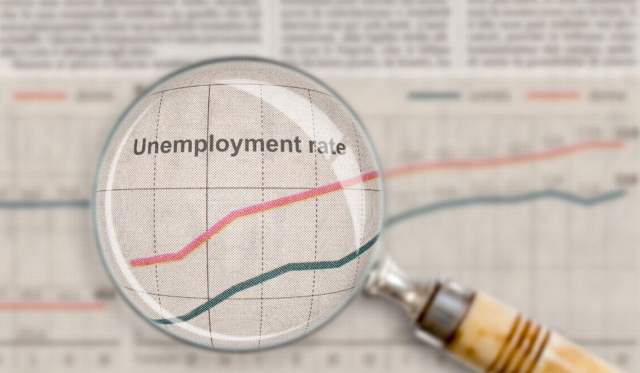California‘s Unemployment Insurance Crisis
$55 Billion Lost – Challenges and Solutions
According to the Washington Examiner, California is in big trouble with its unemployment insurance fund. It’s called “structurally insolvent” because of the $55 billion lost to fraud and overpayments during the COVID-19 crisis. Now, the state owes the federal government $21 billion in unemployment benefits loans and it can’t pay it back. To fix the $55 billion lost, California Democrats want to raise unemployment insurance taxes a lot and almost double weekly benefits. They also hope the federal government will forgive the loan.
Even before the pandemic, California‘s unemployment insurance fund was having problems. The state’s Legislative Analyst’s Office says there’s a big gap between the money coming in from payroll taxes and the money going out for benefits. This gap is getting worse and projections show it will keep getting worse over the next few years. The law says if a state’s unemployment insurance fund owes money to the federal government for two years in a row employers have to pay more taxes to cover the loan due to the $55 billion lost. This extra tax starts small but gets bigger each year adding more financial pressure on businesses. California is waiting to hear if the federal government will forgive its debt. If not the state has to find other ways to fix the problem. One idea is to increase unemployment taxes by a lot and raise weekly benefits too. But this plan needs a big vote in the state legislature and there’s uncertainty about whether it will happen. For now, California is hoping for help from the federal government while trying to figure out how to get its unemployment insurance fund back on track.
READ ALSO: Bank Holidays Shift DWP Benefits: Early Universal Credit & Tax Credit Payments On May 3 & 24-Watch Out!

$55 Billion Lost: California’s Unemployment Crisis and the Push for Federal Forgiveness and Tax Hikes – Need To Know! (PHOTO: Jars of Joy)
California‘s Unemployment $55 Billion Lost Insurance Crisis
Furthermore, the cancellation of the first hearing for SB 1434 which aimed to increase unemployment taxes and benefits adds to the uncertainty surrounding California‘s path forward. This decision suggests hesitation or potential reevaluation of the proposed measures in light of pending developments such as the decision letter from the U.S. Department of Labor regarding potential debt forgiveness of the $55 billion lost. With the fate of the unemployment insurance fund hanging in the balance, California faces significant challenges in stabilizing its financial situation and ensuring continued support for its residents affected by unemployment.
READ ALSO: Tax Season Refund Boost: IRS Simplifies Tax Refund Tracking With 3.8% Increase In Average Payments-Check It Out!

















































